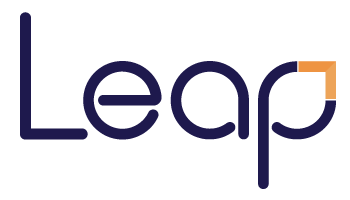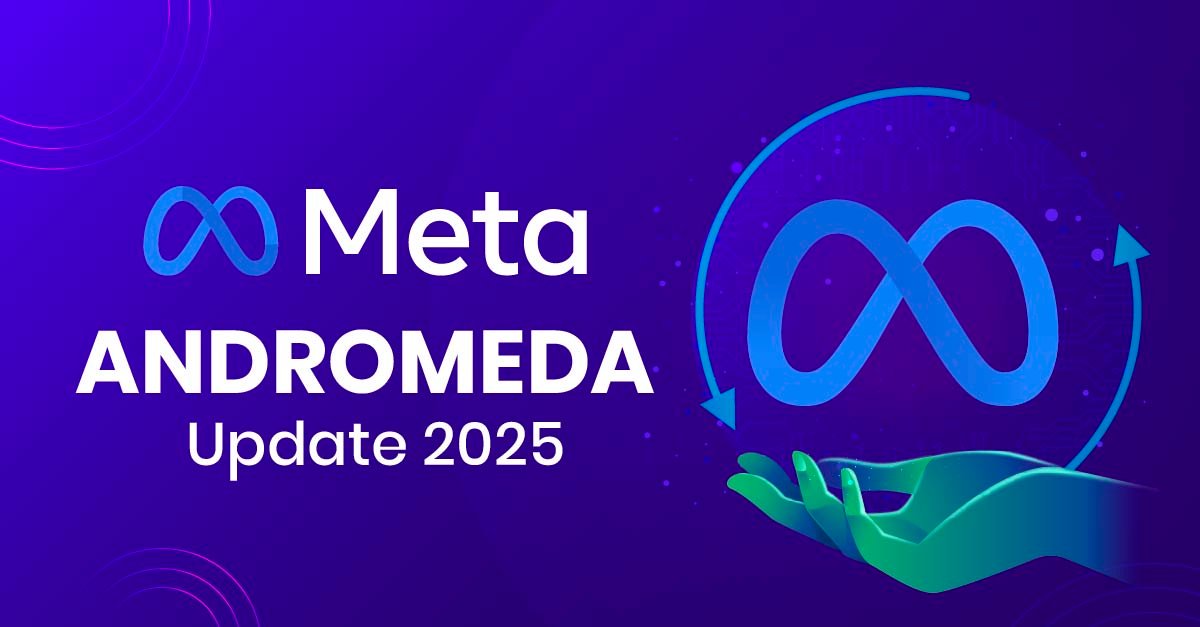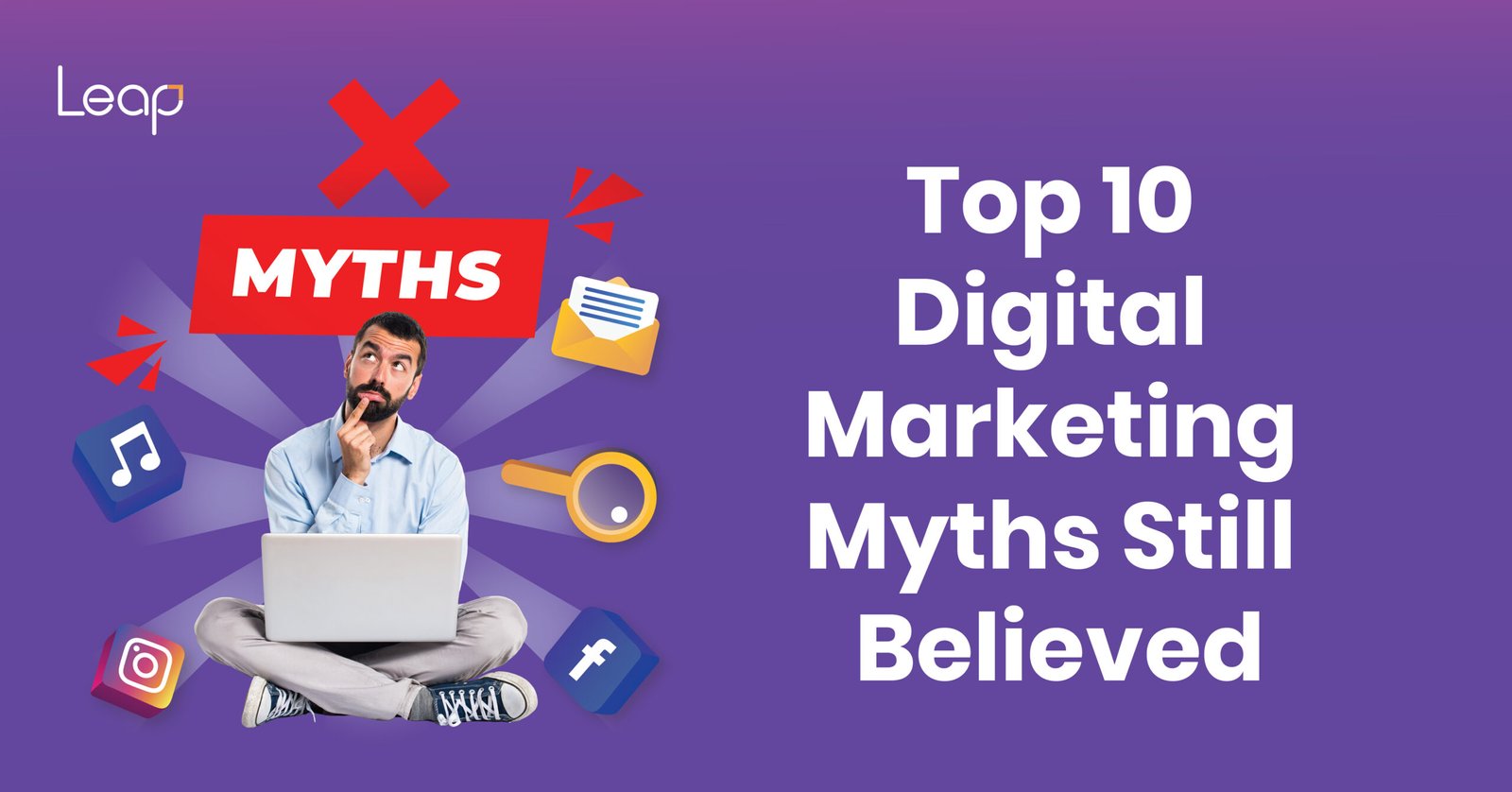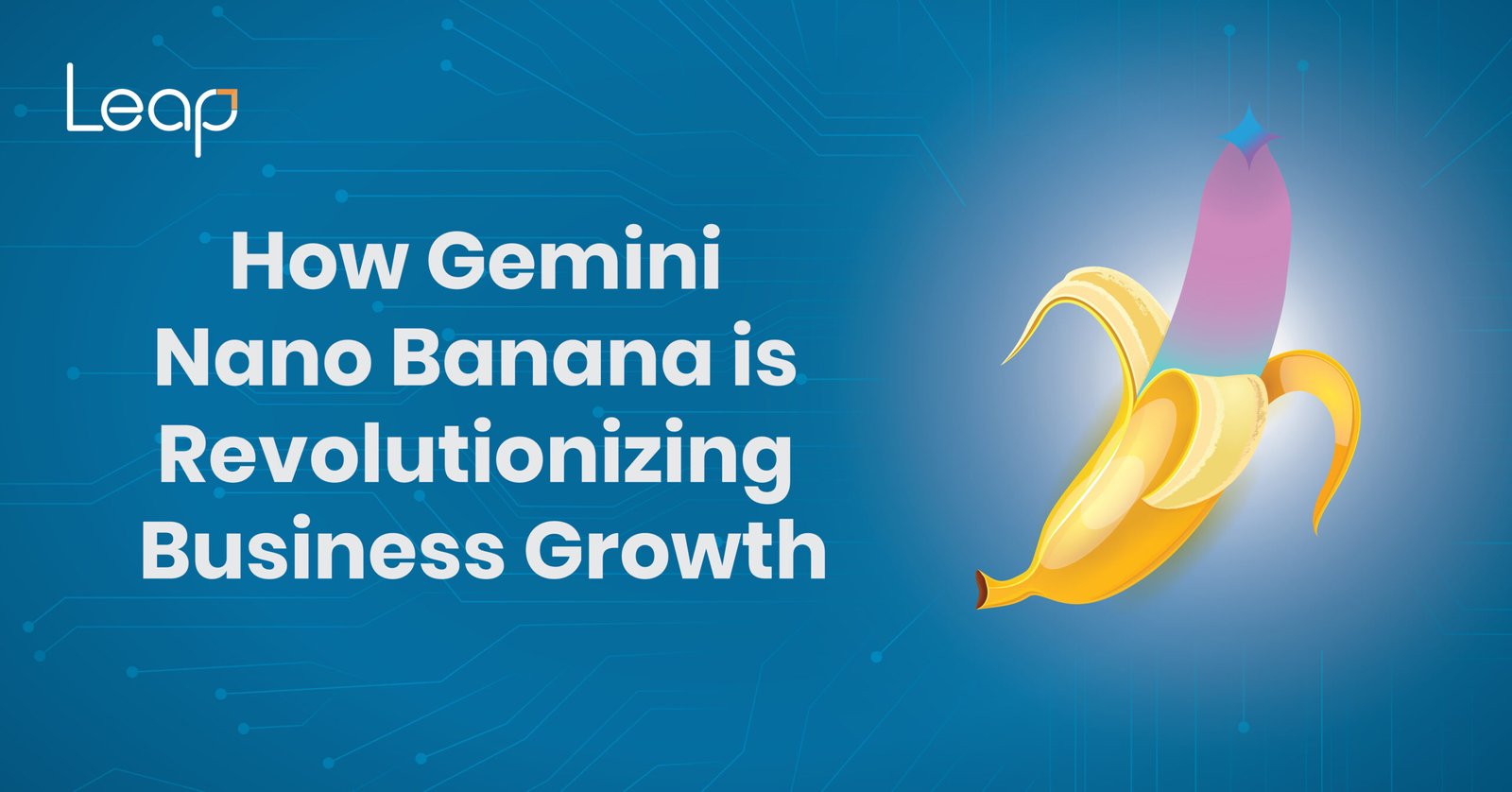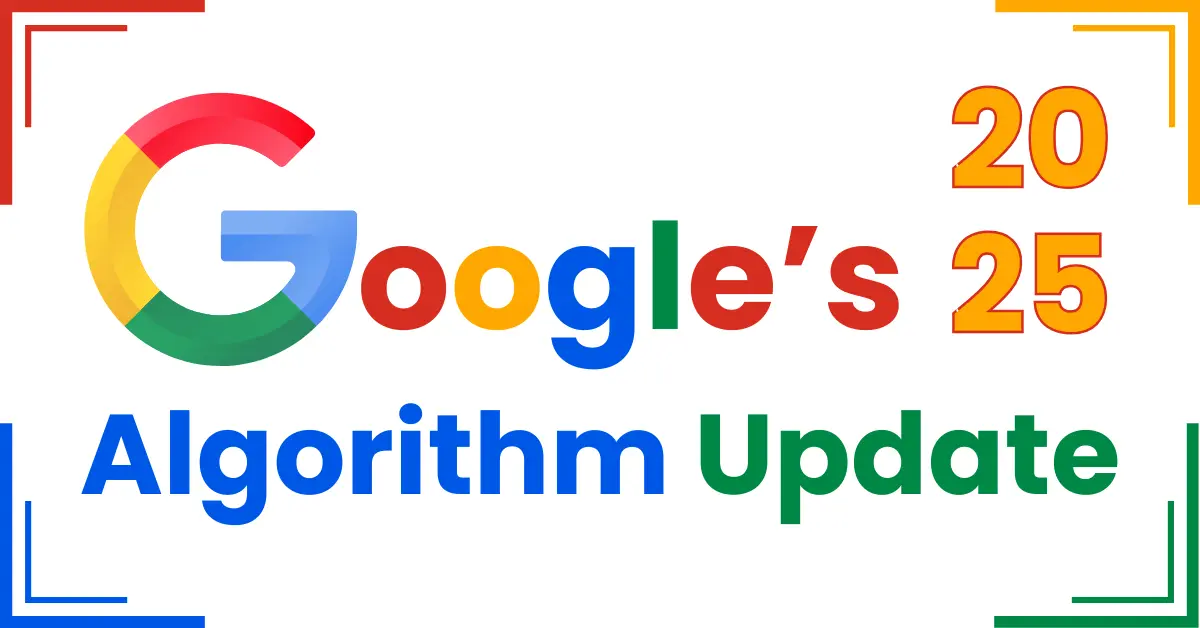
Introduction
Overview of the June 2025 Google Algorithm Updates
The June 2025 updates represent one of Google’s most ambitious efforts yet to refine its search results. The key themes include:
• Greater emphasis on content quality and originality
• Advanced AI-powered content evaluation
• Stricter penalties for spam and manipulative tactics
• Refined mobile-first indexing
• Phasing out certain structured data types for a cleaner search experience
• Recalibration of site-wide trust and expertise signals
Unlike previous updates, June 2025 is especially focused on eliminating low-value, mass-produced AI content and expired domain abuse, while rewarding sites that demonstrate real expertise, authority, and trustworthiness (E-E-A-T). The update also brings technical changes, such as the removal of underutilized structured data types, streamlining how content appears in search results.
Detailed Analysis of the Updates
1. Content Quality and AI Detection
Google’s core ranking system now leverages advanced machine learning models to better detect and devalue AI-generated content that lacks originality, depth, or human oversight. The Helpful Content System update gives even more weight to content that is:
• People-first
• Based on real-world experience
• Regularly updated
Thin affiliate pages, doorway pages, and content created solely for keyword targeting are more likely to be penalized.
2. Spam and Manipulation Crackdown
The update introduces new penalties for:
• Using expired domains to host low-value content
• Content farming and mass-produced automated pages
• Doorway pages targeting multiple locations with near-identical content
Websites using manipulative or black-hat link-building tactics are also at greater risk of
ranking drops.
With mobile usage continuing to rise, Google now predominantly uses the mobile version of websites for ranking and indexing. Sites that aren’t fully optimized for mobile—fast loading, responsive design, and seamless navigation—will see diminished rankings.
4. Structured Data Changes
Google is phasing out support for several structured data types (e.g., Book Actions, Course Info, Claim Review, Special Announcement, Vehicle Listing) to simplify the search experience. SEO professionals must review and update their structured data strategies to focus on supported types that enhance visibility and engagement.
5. Re-Evaluation of Site-Wide Signals
The algorithm now places more emphasis on:
• Author bios and content trust signals
• Domain-level expertise and consistency
• Overall page experience
Trusted domains with a history of high-quality, consistent content are gaining ground over
one-off or low-E-E-A-T sites.
How Leap Optimizes for These Updates
At Leap, we build and optimize websites that stay ahead of algorithm changes:
-
AI Overview Optimization
We craft Q&A-style content with schema markup and concise, insightful answers to rank in AI summaries and voice searches.
-
Human-Focused, High-Quality Content
All our content goes through a dual-layer process: SEO research + expert human editing. No fluff, no filler—just value.
-
Speed & UX Optimization
Leap ensures your site meets INP and Core Web Vitals standards, so you rank higher and convert better.
-
EEAT-Driven Content Strategy
From detailed case studies to expert bios and transparent sourcing, we elevate your authority in Google’s eyes.
The Leap Advantage
Whether you’re a local business or an online brand, Leap’s SEO strategies are designed for the future of search:
- Adaptive SEO strategies
- Technical audits & fixes
- Monthly performance reports
- Mobile-first, UX-driven design
Conclusion
Frequently Asked Questions (FAQ)
Yes, if it’s unedited or lacks value. Google rewards original, insightful, and human-reviewed content. At Leap, we use AI to assist—not replace—human creativity.
INP (Interaction to Next Paint) measures responsiveness and interactivity. It’s now a part of Core Web Vitals. Sites with slow INP scores may see drops in rankings.
Focus on answering questions clearly, using structured data (like FAQ schema), and showcasing authority. Leap’s AEO strategy is built exactly for this.
EEAT stands for Experience, Expertise, Authoritativeness, and Trustworthiness. Google now checks if your content comes from a credible, experienced source.
We’ll perform a full SEO audit, identify content or technical issues, update or restructure your content, and build a strategy to align with Google’s latest priorities.
Stay ahead of every Google update—make the Leap.
Contact us today to future-proof your rankings.

